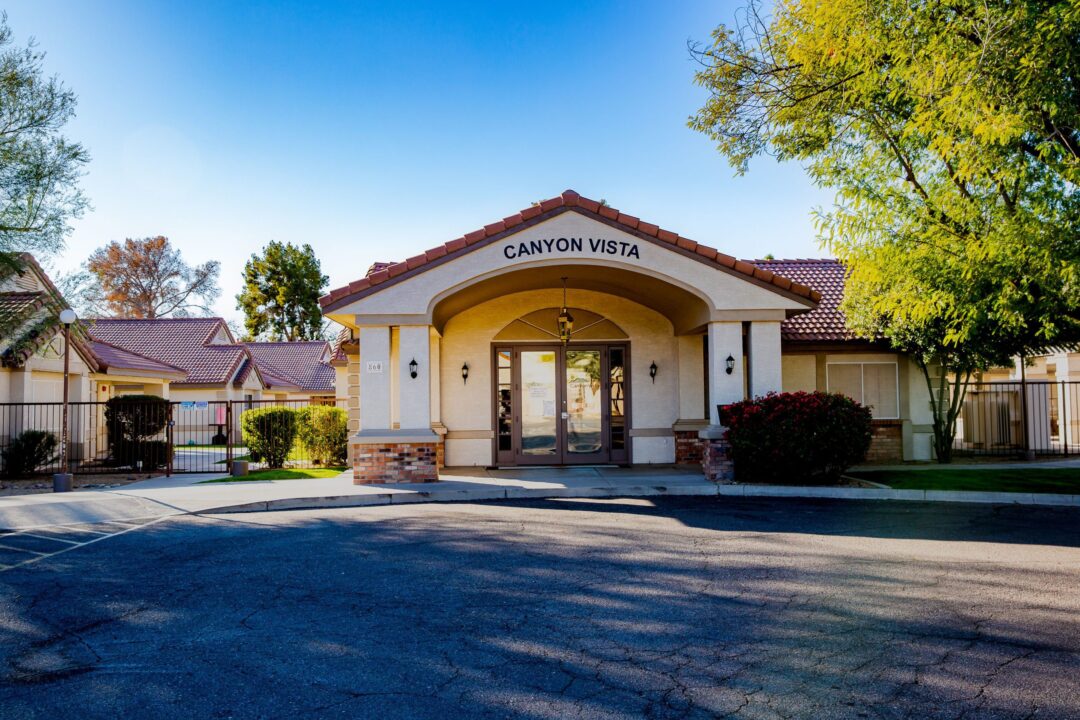Why Canyon Vista?
At Canyon Vista, we know addiction affects every part of your life.
That’s why we aim to treat the whole person, not just through detox and withdrawal.
We combine evidence-based addiction treatments, holistic therapies, psychiatric care, and more than 20 years of experience surrounded by a safe, supportive, and serene environment to provide you with the highest chance of success.

The Canyon Vista Recovery staff lives and models the principles of recovery.
We believe in individualized care and know this is your journey. When you reach out and give us a call, we will listen to you and meet you where you are. We will create a treatment plan that matches your individual needs and goals.
Things To Keep In Mind
Our mission is to improve the lives we touch. We do this through tactful, custom training to fit each individual who comes through our doors. When you leave, you’ll do so with life skills that will assist in your ongoing recovery.
The Canyon Vista Approach
We use an integrated approach to treat the whole person. Our clients receive a customized program that is catered to their individual needs. This will involve evidence-based programming including a combination of clinical, psychiatric, and holistic care to treat each client’s mind, body, and soul.
We will give you all of the tools required for long-term recovery. And we’ll be here to help you along the way.

Mind-Body Connection:
Recognizing the intricate relationship between mental and physical health, and understanding that changes in one aspect can affect the other. For example, stress and emotional distress can manifest as physical symptoms, while physical ailments can impact mood and mental well-being.
Prevention and Wellness Promotion:
Emphasizing prevention and proactive strategies to promote overall wellness and resilience, rather than solely focusing on treating symptoms or managing illness after it has occurred. This may include lifestyle modifications, stress reduction techniques, and health education to empower individuals to take an active role in their own health.
Empowerment and Self-Care:
Empowering individuals to actively participate in their own healing process and make informed decisions about their health and wellness. This may involve providing education, resources, and support to help individuals develop self-care practices, coping skills, and resilience.
Promotion of Balance and Harmony:
Striving to achieve balance and harmony in all aspects of life—physical, emotional, mental, social, and spiritual—to support overall well-being and vitality. This may involve fostering healthy relationships, finding meaning and purpose, engaging in activities that bring joy and fulfillment, and cultivating a sense of connection with oneself, others, and the world.
Multidimensional Assessment:
Conducting comprehensive assessments that consider all aspects of a person’s health and well-being, including physical, emotional, social, environmental, and spiritual factors. This allows for a more holistic understanding of the individual’s needs and informs a more comprehensive treatment plan.




